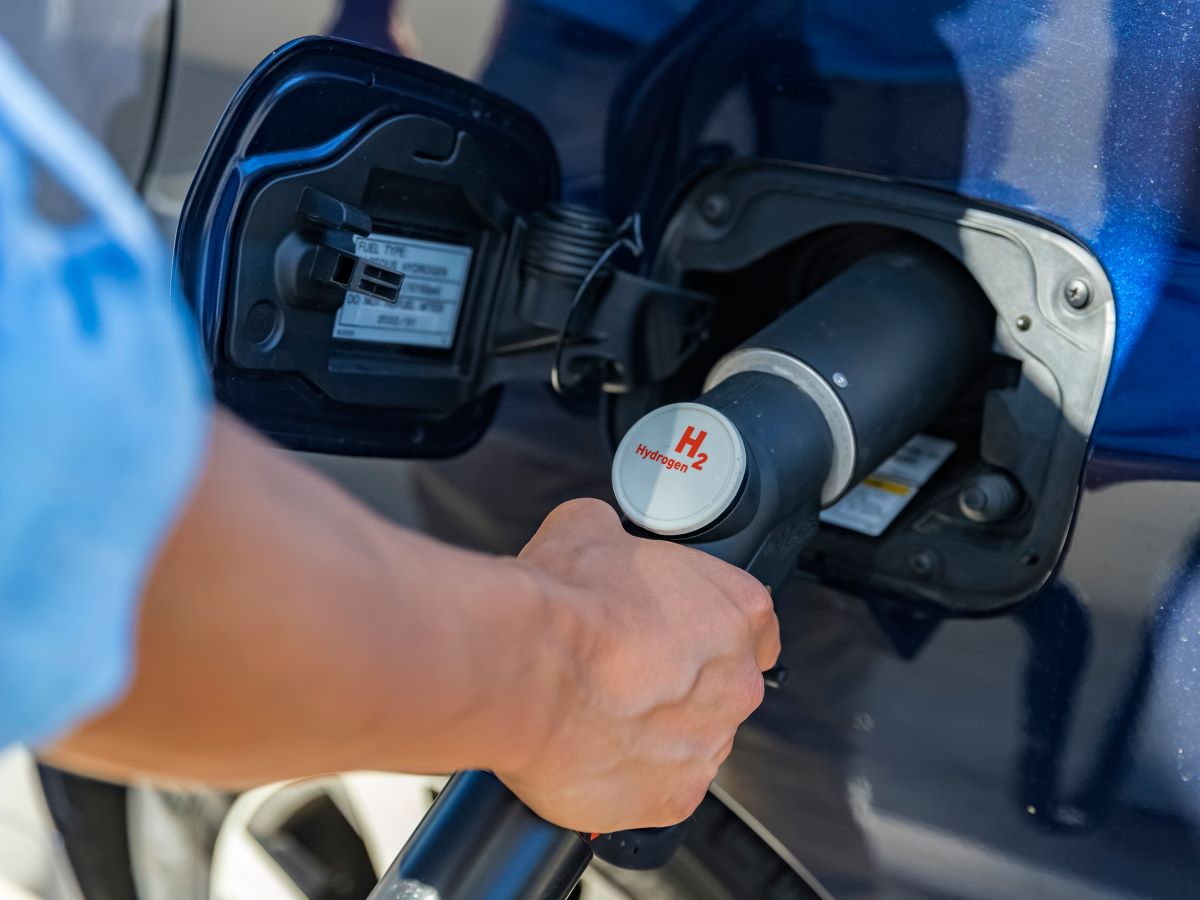ADNOC announced it has begun construction of its first high speed hydrogen refueling station in Masdar City, Abu Dhabi.
The first of its kind in the Middle East, the initiative is part of the state oil company’s 2030 sustainability strategy. This includes commitments such as reducing greenhouse gas (GHG) emission intensity by 25 percent in seven years.
In addition, ADNOC is seeking to enhance its Carbon Capture, Utilization and Storage (CCUS) capacity by 500 percent during the same period.
The refueling station will produce clean hydrogen using an electrolyser powered by clean grid electricity. Plans are underway to test operability using hydrogen-powered vehicles from Toyota and Al Futtaim, ADNOC said in a statement.
Hydrogen refueling station benefits
According to ADNOC, clean hydrogen has the highest energy per mass of any fuel when used. It also does not produce harmful carbon dioxide in the process. Moreover, it can give vehicles a longer driving range and quicker refueling times compared with battery electric vehicle.
Dr. Sultan Ahmed Al Jaber, minister of Industry and Advanced Technology and ADNOC managing director and group CEO, who is also president designate of COP 28 UAE slated for later this year, said: “Hydrogen will be a critical fuel for the energy transition, helping to decarbonize economies at scale, and it is a natural extension of our core business.
“Through this pilot program, we will gather important data on how hydrogen transportation technology performs as we continue to develop the UAE’s hydrogen infrastructure.”
Clean energy transition
The construction of the hydrogen refueling station augurs well for ADNOC’s clean energy ambitions. It already produces over 300,000 tons of hydrogen per year, used largely for industrial purposes in its downstream facilities.
“We are exploring opportunities in hydrogen to leverage the UAE’s expansive gas reserves, abundant renewable energy, and global infrastructure and partnerships,” it further said.
Read: ADNOC Gas, TotalEnergies, prioritize sustainability in $1 bn LNG deal
Market trends
According to IRENA, there are currently around 11,200 hydrogen-powered cars on the road worldwide.
Existing government targets call for that number to increase dramatically to 2.5 million by 2030.
In the UAE, Dubai is planning to introduce hybrid-powered cars with hydrogen fuel capability by 2027. Meanwhile, ADNOC is planning to construct a second hydrogen fueling station in Dubai Golf City.
In related news, Abu Dhabi Gas, part of the ADNOC Group of Companies, recently signed a multi-billion dollar export deal with the Indian Oil Corporation Ltd (IOCL).
The supply agreement calls for the delivery of 1.2 mn metric tons per year of liquefied natural gas (LNG) to IOCL. The 14-year agreement is valued between $7 bn and $9bn.
The landmark deal marks another significant milestone for ADNOC Gas as it expands its global reach, reinforcing its position as a leading global LNG export partner. It also reaffirms its strategic alliance with IOCL as key partners in the international LNG market.
This is the first long-term LNG deal an Indian company has signed with ADNOC Gas. It is also significant as Indian companies are investing billions of dollars to boost their gas infrastructure because India’s government wants to raise the share of gas in its energy mix to 15 percent by 2030.
For more sustainability stories, click here.








